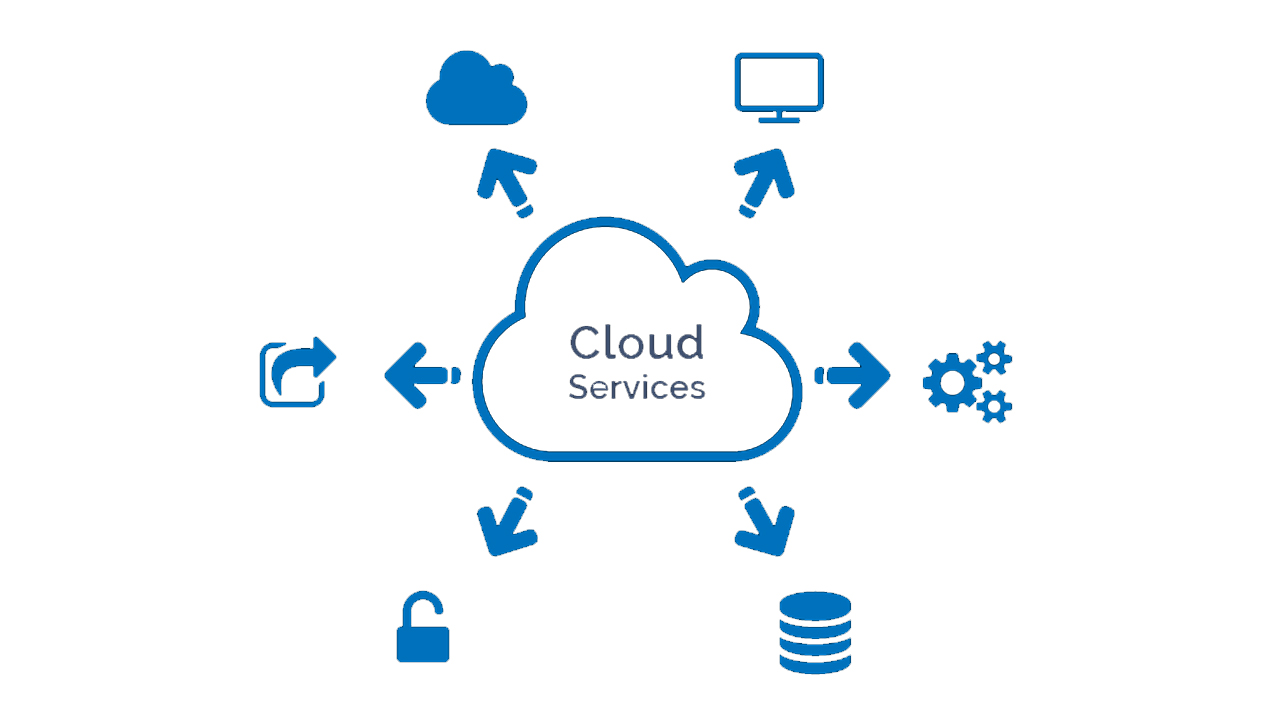In an era where user expectations are high and market competition is fierce, Quality Engineering Services (QES) have become essential for businesses aiming to deliver robust, reliable, and high-performing software. Unlike traditional quality assurance (QA), which often focuses on defect detection after development, quality engineering (QE) emphasizes a proactive, continuous approach to quality throughout the software development lifecycle. This includes building quality into every stage of development, from design to deployment, ensuring that software meets the highest standards of functionality, performance, and user satisfaction.
What Are Quality Engineering Services?
Quality engineering services encompass a broad range of practices aimed at ensuring that software is delivered with the highest quality, reliability, and efficiency. These services focus not just on detecting and fixing issues, but on preventing them through well-defined methodologies and advanced technologies. Quality engineering combines aspects of development, testing, and operations to create a holistic approach that ensures software is “built right” from the ground up.
Key Components of Quality Engineering Services
- Test Automation
Automated testing is a cornerstone of quality engineering, allowing teams to run tests repeatedly and quickly across different environments. By implementing test automation frameworks, QE teams can conduct unit, integration, functional, and regression tests with greater speed and accuracy. Automated testing also enables continuous testing, providing instant feedback on code changes and ensuring that new code does not introduce defects. - Performance Engineering
Performance engineering focuses on ensuring that software meets performance standards in areas such as speed, responsiveness, and scalability. This involves load testing, stress testing, and performance monitoring to detect bottlenecks and optimize system performance. QE teams work closely with developers to address performance issues early, improving user experience and preventing costly rework. - Continuous Integration and Continuous Delivery (CI/CD)
CI/CD pipelines are essential for modern software development, allowing teams to integrate code changes and deliver software updates quickly and reliably. Quality engineering services help establish CI/CD pipelines with integrated testing processes, ensuring that every build and release meets quality standards. This also supports faster, more frequent releases, which are essential for maintaining a competitive edge. - DevOps Integration
Quality engineering and DevOps go hand in hand, as both emphasize automation, collaboration, and continuous improvement. By embedding quality practices within DevOps workflows, quality engineering services ensure that quality checks, performance monitoring, and automated tests are an integral part of every deployment. This creates a culture of shared responsibility for quality across development and operations teams. - Security Testing
With cybersecurity threats on the rise, quality engineering services include robust security testing to identify and address vulnerabilities in software. This involves practices like penetration testing, vulnerability scanning, and secure code reviews. By integrating security into the quality engineering process, teams can proactively address potential risks and ensure compliance with data protection standards. - User Experience (UX) and Usability Testing
Beyond functional requirements, quality engineering also considers user experience and usability, ensuring that applications are intuitive, responsive, and user-friendly. Usability testing evaluates how easy it is for users to navigate the software and accomplish their goals. Quality engineers also analyze user feedback to make iterative improvements, aligning the product with customer expectations. - Data Quality Engineering
In data-driven applications, data quality is just as important as software quality. Data quality engineering ensures that data is accurate, complete, and consistent across different systems. This involves data validation, data cleansing, and monitoring processes that guarantee data integrity, especially in applications involving analytics, reporting, or machine learning.
Benefits of Quality Engineering Services
- Improved Software Quality
By incorporating quality practices from the start, quality engineering services help create software that meets functional and performance standards, reduces defects, and improves reliability. - Reduced Time to Market
Automation, CI/CD, and proactive quality practices enable faster, more efficient development cycles. With continuous testing and seamless integration, software updates and releases can be deployed more rapidly, keeping pace with market demands. - Cost Savings
Early detection and prevention of defects save time and resources compared to fixing issues after deployment. QE reduces the cost of rework, minimizes delays, and prevents the costs associated with downtime or customer dissatisfaction. - Enhanced Security and Compliance
Security testing ensures that software complies with regulatory standards and protects sensitive data. Quality engineering services provide organizations with the peace of mind that applications are secure and meet industry regulations. - Better User Experience
Quality engineering considers not only functionality but also usability and performance, ensuring that users have a positive experience. Satisfied users are more likely to stay engaged, which enhances customer retention and brand reputation. - Scalability and Flexibility
Quality engineering practices support the scalability of applications, making it easier to adapt to increasing demand and evolving business needs. This is particularly important for cloud-native applications and microservices architectures.
Key Challenges in Providing Quality Engineering Services
- Complexity of Modern Applications
Modern applications are highly complex, with distributed architectures, microservices, and third-party integrations. Ensuring quality across these components requires sophisticated testing and monitoring tools, as well as a deep understanding of how the parts interact. - Balancing Speed and Quality
In a fast-paced development environment, it can be challenging to balance the need for speed with the goal of high-quality output. Continuous testing and automation help, but teams must still find the right balance between comprehensive testing and meeting tight deadlines. - Integration with Legacy Systems
Many businesses still rely on legacy systems that may not support modern quality engineering practices. Integrating QE with these systems requires careful planning, particularly around test automation and performance testing. - Keeping Pace with Emerging Technologies
The software industry evolves rapidly, with new tools, frameworks, and methodologies emerging frequently. Quality engineering teams must stay updated on the latest advancements in areas like AI, machine learning, and cloud computing to remain effective. - Resource Constraints
Skilled quality engineers are in high demand, and not all organizations have the resources to build and maintain an in-house QE team. Many organizations turn to third-party QE service providers to bridge this gap.
Leading Providers of Quality Engineering Services
Numerous companies offer quality engineering services, each with unique strengths in different aspects of the software development lifecycle. Here are a few leading providers:
- Accenture: Known for its comprehensive suite of quality engineering and testing services, Accenture focuses on digital testing, automation, and DevOps integration across industries.
- Tata Consultancy Services (TCS): TCS offers quality engineering services that cover automation, performance engineering, and security testing, with a focus on enterprise-scale applications.
- Infosys: Infosys is known for its digital assurance and QE services, including AI-driven testing, cloud testing, and cybersecurity services for clients in finance, healthcare, and retail.
- Cognizant: Cognizant provides quality engineering and assurance services that leverage AI and analytics to optimize testing, with a focus on agile and DevOps environments.
- Capgemini: Capgemini’s QE services emphasize performance testing, automation, and continuous quality management, with a specialization in DevOps and cloud-native applications.
Conclusion
Quality engineering services are essential for businesses that seek to deliver reliable, high-quality software in a fast-paced, customer-driven market. By implementing quality practices throughout the development lifecycle, QE helps organizations prevent issues, reduce time to market, and deliver products that align with user expectations. From test automation to security and performance engineering, quality engineering is a proactive, continuous approach that ensures software quality from development through deployment.
In today’s competitive landscape, investing in quality engineering services isn’t just a technical requirement—it’s a strategic advantage that allows businesses to build software that is not only functional and secure but also scalable and ready to adapt to future demands. Whether integrated with DevOps, supporting CI/CD, or optimizing customer experience, quality engineering is critical to driving successful digital transformation in any organization.



